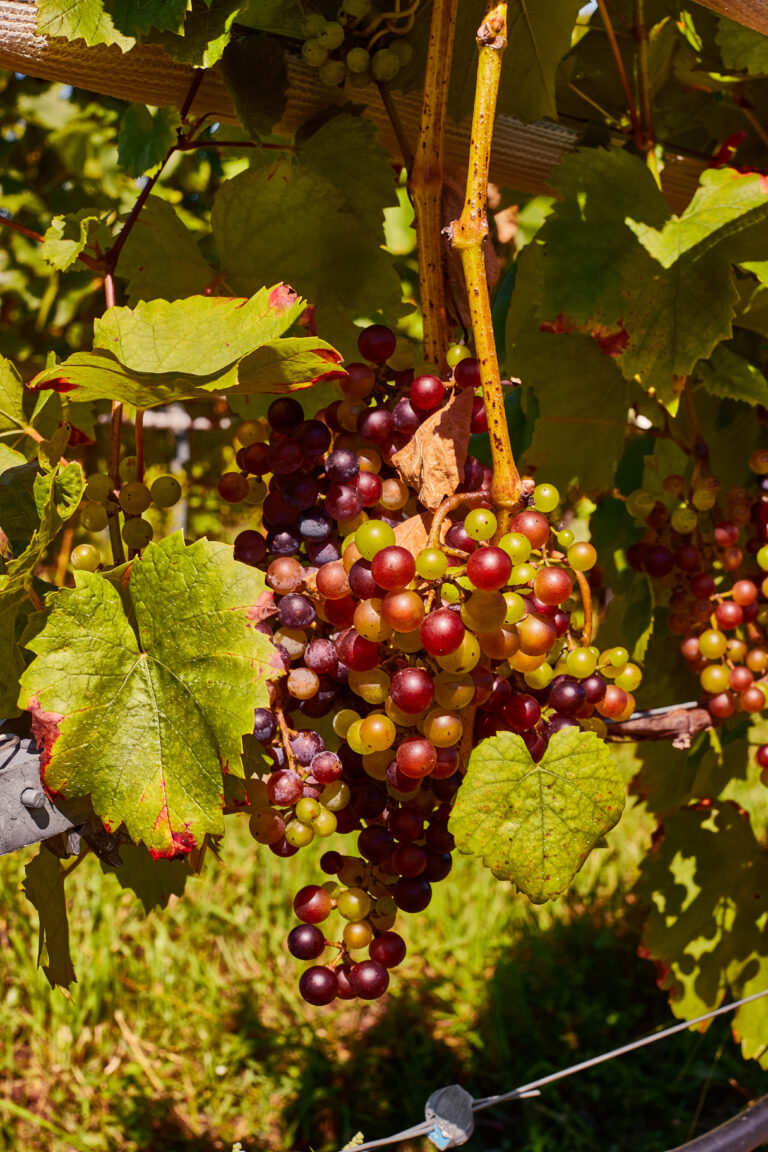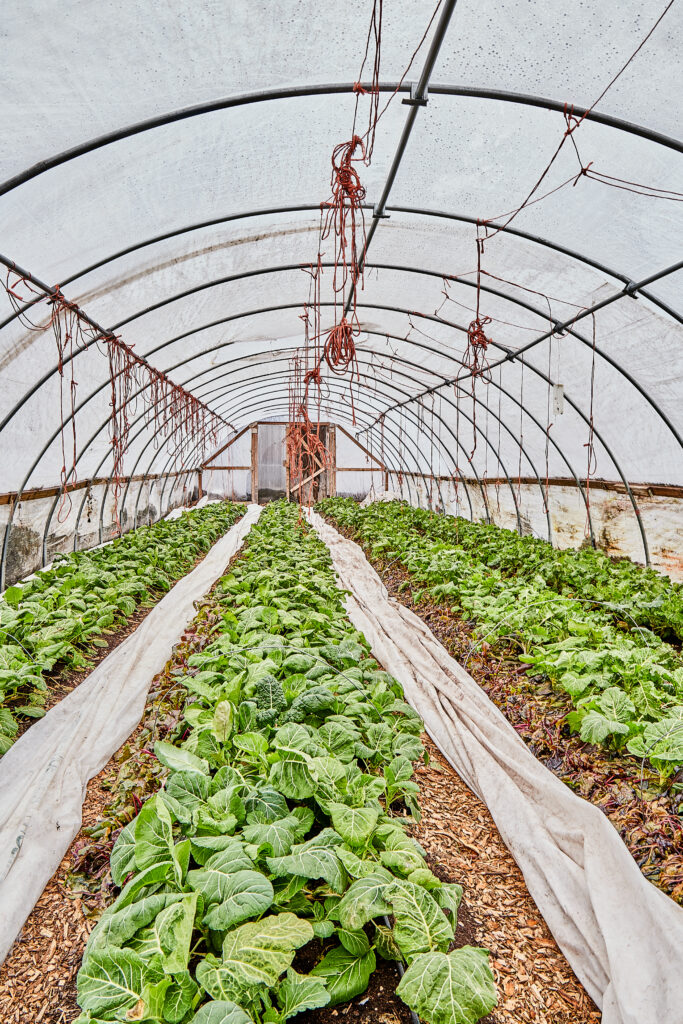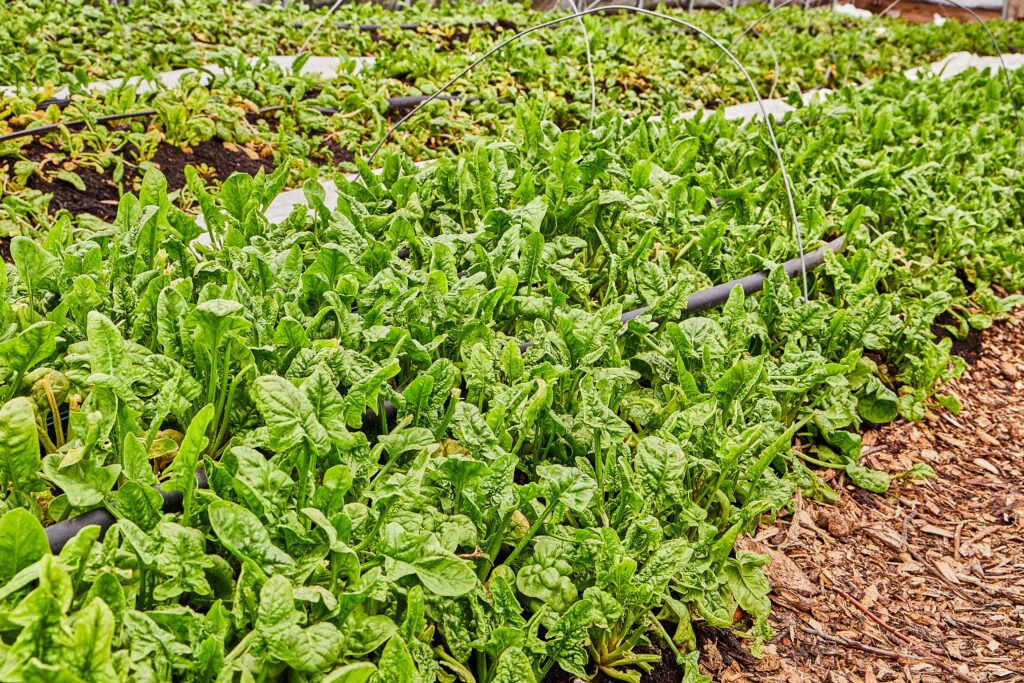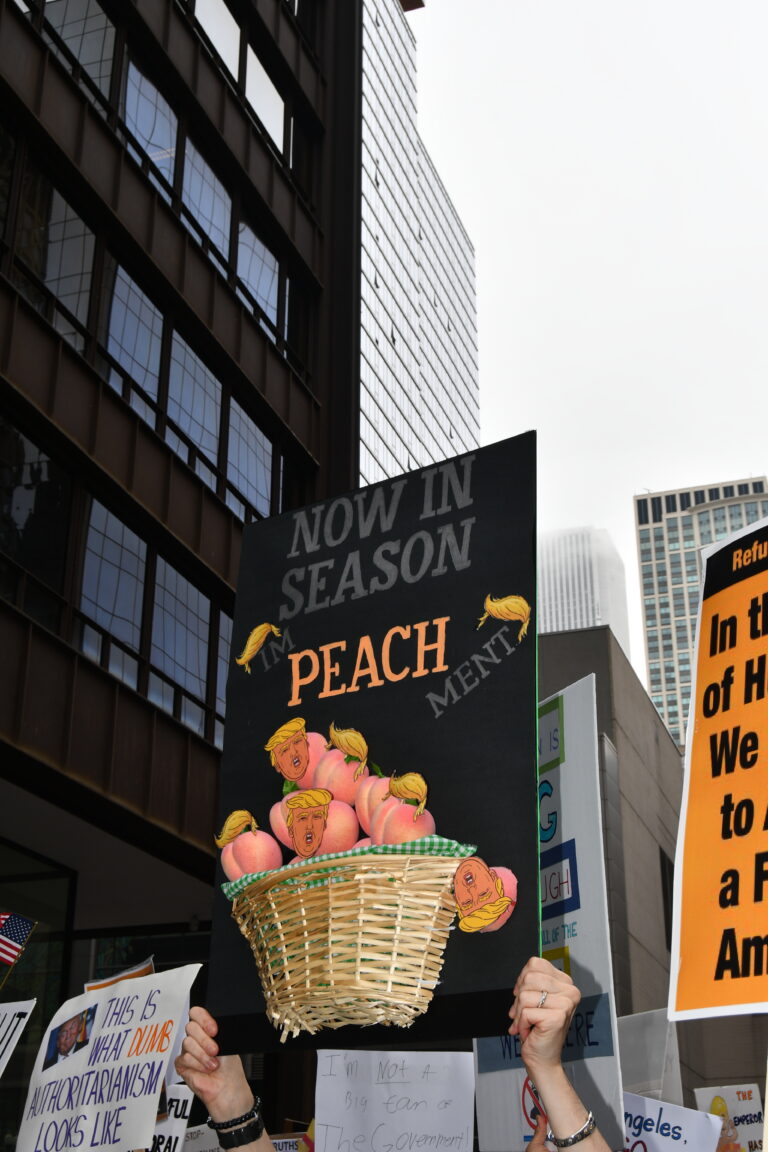
Sowing Seeds for Health, Economic Development and Equity in Urban Agriculture
In the winter months, it’s hard to imagine anything growing in Chicago, let alone greenhouses full of spinach and other greens. And yet, on farms throughout the city’s west and south sides, seeds are already being sown for another year of abundance by food-focused organizations like Urban Growers Collective. A 501(c)3 organization that is Black and women-led, Urban Growers Collective (UGC) was founded in 2017 by Laurell Sims and Erika Allen to cultivate nurturing environments.
UGC’s mission is to support health, economic development, and healing creativity in Chicago through urban agriculture. The organization engages with all aspects of urban agriculture, from providing food and farming best practices to facilitating training and education programs that support community members of all ages — from preschoolers to aspiring farmers.
Their South and West side farms produce over 15,000 pounds of produce annually, according to Brandon Lov, UGC’s development manager. The organization prioritizes facilitating market pathways for this produce to make its way through the local food systems and into areas lacking equitable food access in Chicago.

“We’re demonstrating what urban agriculture looks like in Chicago: developing food systems in ways that are divested and ignored,” said Lov. “Grounding our work in an understanding of inequities and structural racism that exist in communities of color allows us to build foundations of what healthy food can look like. It’s culturally relevant and uplifting,” he continued
Lov, who is Cambodian-Chinese and Chinese-American, knows how important this grounding can be. Early on in his work with UGC, Lov recognized the farmers’ herbs and produce as the same ones his parents would seek out in specialty stores growing up. “They’re growing the same things that my mom uses in her home cooking here on the farm,” he said. These culturally affirming community connections are what allow us to cultivate a strong community, which is one of the most important things that Urban Growers Collective does.
One of the market pathways is the Fresh Moves Mobile Market, which Lov describes as “a produce aisle on wheels.” The market itself is a shuttle-style bus, retrofitted to act as a farmers’ market stand on wheels. The seats were taken out and replaced with shelves now filled with produce grown by UGC and local partners, pantry staples, and value-added products from local BIPOC businesses and makers. “We take the Fresh Moves Mobile Market to places where folks already are, whether that’s schools, community centers, places of worship, or health clinics so that we can nimbly meet their food access needs,” said Lov. “It’s a way for folks to get more connected and learn more about their food system.”
Like many non-profit organizations, Urban Growers Collective relies on the support of the community. “The thing that all of our volunteers have in common is an interest in getting involved in the food system and that’s what volunteers can expect when they’re coming to support Urban Growers Collective,” said Lov. According to Lov, volunteer opportunities range from individual engagements to opportunities for larger groups. “The work ranges throughout the season. We are really excited to be able to introduce volunteers to the food system based on whatever is happening at our farm.”

Volunteers can also support the market pathways, various activities and programming, and provide donations to the organization. “We have opportunities for everyone. When I first started at Urban Growers Collective, I was an intern with very little growing experience. We try to provide folks with any skills they need and an increased knowledge and awareness of how they interact with the food system so they can heal and grow as individuals.”
“Everyone comes to Urban Growers Collective with some knowledge of how food and the food system works. In our role, we try to understand where they are and connect them with the aspects that we work in, whether market pathways and understanding how it gets from farm to table,” said Lov.
Urban Growers Collective encourages Chicago residents to think about where their food comes from to help make it more equitable, from supporting new farmers and growers in under-resourced communities to challenging some of the structural inequities that exist in the food system here in Chicago and beyond.


